Spark Cast Episode
A Coffee Date With Your Younger Self Transcript
A Coffee Date With Your Younger Self Final
Imagine, just for a moment, you get this kind of cosmic hall pass, a chance, just one single precious hour to sit down across a coffee shop table from, well, from your younger self, the person you used to be, you know, before all the twists and turns, the successes, the stumbles. What do you think would ripple through your mind first? Would you, like, desperately warn them away from some big mistake? Would you offer a comforting hand, tell them, hey, it’s going to be okay? Or the big one? Or, yeah, let’s be honest here. Would the first thought be to slide a napkin across the table with winning lottery numbers? Maybe some killer stock tips? Sounds like such a simple fantasy, doesn’t it? Almost.
A quick fix for all those past regrets. Right. But if we actually lean into this, really think about it, you realize pretty quickly that this seemingly innocent coffee date, it’s way more complex.
How so? Where it touches on these deep paradoxes, you know, lingering regrets, yeah, but also unexpected gratitude. And really the very essence of who you are today, shaped by every single thing that happened. And what if those scars you carry, the painful ones, what if they aren’t just remnants of past battles, but they’re actually, like, golden scenes? I like that.
Yeah, like, meticulously woven into who you are, making you more unique, more resilient, maybe more valuable. And what if the most powerful thing you could do in that hour isn’t to talk at all? But to just sit back and listen. Welcome to a new Sparkcast episode from English Plus podcast and our creator, Dani Balin.
Welcome to a deep dive where we’re really going to unpack the profound and often honestly surprising implications of this thought experiment, a coffee date with your younger self. It’s one everyone can relate to, I think. Totally.
And we’re going far beyond just the obvious advice, the stuff you first think of. We want to explore the intricate, kind of tangled impact of our past choices, the brilliant ones and the baffling ones on the complex person you’ve become right now. Exactly.
Our mission today really is to wrestle with a pretty fundamental question. Does fixing the past actually lead to a better present? Or are our biggest struggles, maybe even our deepest pains, are they intrinsically linked to the wisdom, the resilience, the empathy we have today? Get ready to challenge some deeply held assumptions about pain, about growth and maybe about the surprising wisdom our younger selves might actually hold for us. OK, so let’s really set the scene.
I want you listening right now to truly picture them, your younger self. Take a sipe. Yeah.
Close your eyes if you can. Really summon them. Can you see them? Maybe they’re a teenager, all elbows and knees, awkward limbs, perhaps sporting a truly questionable haircut.
You now pretend never happened. Oh, we all have those photos somewhere. Right.
Remember that flush of embarrassment, that intense desire to just fit in or be seen or anything but invisible. Or maybe it’s the college kid version, bursting with this righteous certainty, convinced they have all the answers, surviving on instant ramen and like limitless, audacious dreams. You remember that energy, right? That feeling like anything was possible before the world started saying no.
Yeah. Or maybe it’s that young adult, first real job, utterly terrified by the responsibility. Trying so hard to look like they belong.
Totally. See their face. Remember the clothes they thought were so cool, the music, the worries that kept them up all night, worries that honestly, from where you sit now, feel almost quaint.
So real then, though, all consuming. Exactly. And this is where the cosmic hall pass comes in.
One hour, quiet coffee shop corner, just you and them. A chance to talk. And that first instinct, yeah, it leaps out, doesn’t it? It really does.
It’s almost certainly just to start downloading advice like, listen up, kid, save them from every misstep, every heartache you remember so vividly. It’s that time traveling firefighter impulse, isn’t it? That’s a great way to put it. Yeah.
Rushing back to put out all those fires that felt like huge infernos then. But now seem kind of small. Right.
It comes from this place of wisdom, I guess, but also deep compassion. You remember how much it hurt. You want to stop it.
So you lean in and whisper that person who broke your heart, made you feel like the world was ending. Yeah, I promise you in two years, you won’t even remember their middle name. You’ll be OK.
Better even. You’ll find something much better. The ultimate spoiler alert.
Or the classic high school when please, please don’t care so much about what those people think. Oh, absolutely. Their opinions.
Worthless currency. The second you graduate. Seriously, the amount of energy we wasted on that.
And then there’s the more affirming one. Maybe stop trying so hard to be cool. Yeah.
All those things that make you feel weird right now. Your quirks, your passions. Yeah.
Those are going to be the foundation of your strength, your authenticity, your joy. Lean into them. You want to validate them.
Tell them it’s OK to be who they are. It’s so true. That initial impulse.
It’s actually really beautiful when you break it down. It’s what did you call it? Retroactive compassion. Yeah.
It’s the survivor. The adult you wanting to comfort the one still in the battle. Still fighting.
Yeah. Still lost in the woods. Exactly.
You want to give them the map because you remember how terrifying it was to be lost. How every shadow looked like a monster. You want to tell them the monster under the bed is just a pile of laundry.
Right. Or overdue library books. So for you listening, what’s that first little fire you’d instinctively rush back to put out? Just curious if that protective instinct, isn’t it? Wisdom wanting to ease past suffering.
Pure self-care just extended through time. But then. OK, then there’s that other temptation, the slightly mischievous one.
Oh, I know where this is going. For practical side. Right.
Especially now, the get rich quick scheme. Yes. The little note slid across the table.
Totally. The one that says, OK, listen carefully. Twenty ten.
Find something called Bitcoin. Buy it. Don’t ask questions.
And for the love of all that is holy. Sell in late 2021. Imagine the smirk.
Or just invest everything in this tiny online bookstore, Amazon, or maybe something niche like that silly joke song you wrote. Finish it. Record it.
Trust me. Some guy named Ed Sheeran is going to make a billion with something similar. It’s a fun fantasy.
Absolutely. It puts a smile on your face. But it’s a trap.
Right. You’re saying it’s a trap. It’s a trap.
A delightful one. But it kind of misses the point when you strip away the money angle. What’s underneath? Happiness.
Less suffering. Exactly. Yeah.
We don’t crave the do over just to be richer. Not really. We crave it to be happier, to have suffered less, maybe feel more secure.
It’s about soothing the soul, not just the bank account. OK, but here’s the kicker. The question that always makes me laugh, even if you did slide that note across, would they listen? Would your younger self even take you seriously? Right.
Imagine your current self, sensible shoes, mortgage, maybe a bit more cautious. Trying to advise your, say, rebellious, know-it-all 19-year-old self, the one who thinks anyone over 30 is ancient and clueless. Yeah.
Would they see you as this wise oracle or just? Another boring old person who just doesn’t get it. They might just roll their eyes and tell you to buzz off. Totally.
You’re the ghost of Christmas future, but they’re just seeing Scrooge’s boring accountant. It connects to life, doesn’t it? We think we know best with hindsight. But wisdom is hard to receive across a gap, generational, temporal, even a gap within ourselves.
Oh, it’s humbling. Even good intentions can just bounce right off. Intent and reception.
Very different things, especially when they haven’t lived through the stuff that makes the advice make sense yet. OK, so we’ve got the protective instinct, the funny money schemes. But let’s go deeper.
What if? What if they do listen? What if you successfully warn them off the bad relationship, the dead end job, the toxic friendship? You spare them the heartbreak, the failure, create a smoother path. What then? And this is where it gets really complicated for me. This is the absolute core paradox of the whole fantasy, which is in doing that, you’re erasing the pain, the mistakes.
You might have just erased the very person you are today. Oh, we aren’t just the sum of the good stuff. The wins.
We are undeniably the sum of all of it. The good, the bad, the triumphs, the stumbles, the confidence, the despair, everything. That’s yeah.
Our wisdom now is often forged in the fire of foolishness. Right. Our resilience, that ability to bounce back, built brick by brick from the rubble of failures.
And empathy, understanding others pain. So often born from the memory of our own pain. It reminds me of that Japanese art form Kintsugi.
Kintsugi. Yes. Profoundly relevant here.
Explain it. Well, it’s where they take broken pottery. And instead of throwing it out, they meticulously repair it using the special lacquer mixed with gold or silver or platinum.
And the amazing part isn’t just the repair. It’s the philosophy behind it. Exactly.
The belief is that the piece is actually more beautiful, more valuable because it was broken. The cracks aren’t hidden. They’re highlighted, made prominent with gold.
They tell a story. So connect that to our lives. What if our lives are like Kintsugi? What if those moments that broke us, the career setback that felt like the end of the world.
But maybe forced you to pivot, find a new path. That pivot is your golden seam. Or the painful breakup that shattered you.
But forced you to find your own strength, figure out what you really needed. That self-awareness, that’s the gold. So the really powerful question becomes, if you go back and prevent the pot from ever breaking.
Do you also prevent the golden seams? Do you prevent the lessons, the strength, the more authentic person you became? Wow. That’s something to chew on. That’s it, isn’t it? Do you want the perfect, unbroken, maybe mass produced bowl? Or do you want the one of a kind Kintsugi masterpiece that is your life glowing with its history of repair and endurance? It changes how you see your own story.
So when we want to warn our younger self, what we’re really saying is. I wish I hadn’t learned that lesson in that way. We wish it was easier.
But was there another way to learn it? Really? Would you have developed compassion without knowing unkindness? Would you have found your true strength without being pushed to the absolute limit? Probably not. Those experiences, however unwelcome, they often reveal capacities we didn’t know we had. Right.
Capacities that might have stayed dormant otherwise. Oh, it feels weird, though, to thank pain, almost perverse, like a betrayal of the person who suffered. It does feel counterintuitive.
And yet the logic holds. If you’re OK with who you are now, reasonably happy accepting. Then you have to accept the whole path that got you here.
Messy bits and all. You can’t have the destination without the journey. Can’t have the wisdom without the wounds.
It’s a package deal. You don’t get the cherry pick. So maybe the real advice isn’t avoid this pain because you often can’t.
Maybe it’s more like when this pain comes and it will because life throws curveballs you need to know. Deep down, you will survive it. This isn’t the end of your story.
It’s just a really hard chapter, but not the final page. You have the strength. You will get through this.
That reframes everything. OK, but we need to pause here at a really important nuance, a big caveat. Crucial.
Yes. Because this whole thank you for the scars thing, the Kintsugi idea, it can be misused, can’t it? Absolutely. It can slip very easily into a kind of toxic positivity, the kind that dismisses or minimizes real trauma, real abuse.
Some experiences aren’t character building. They’re just destructive. Exactly.
Some pain doesn’t create golden seams. It creates wounds that maybe never fully close or require lifelong work to manage. It’s like some mountains you climb make you stronger, give you a great view.
Right. But other mountains are just mountains of broken glass. They cut you to ribbons for no good reason.
No lesson makes that suffering worthwhile. So it’s not a simple equation. Negative doesn’t always equal positive growth.
So how do we hold both ideas? Yes. Struggles shape us. Yeah.
And also some things were just wrong, unjust, and we’d be better off without them. It’s complex. It’s not about finding a silver lining in every single cloud.
So if that’s true, if some things are just destructive and maybe unavoidable, what kind of advice is meaningful in that coffee shop? Maybe it’s not about preventing the event. But about changing how we process it. How we heal.
OK, now this is getting interesting. Imagine telling your younger self, look, this terrible thing is going to happen. It’s not fair.
It’s not your fault. You can’t stop it. Wow.
Brutal honesty. Delivered with compassion. But then the shift.
But what I need you to know, the most important thing is you have to ask for help sooner. You have to know your pain is valid. Don’t carry alone.
Reach out. Therapist, friend, family. Let people in.
Your recovery depends on it. That doesn’t change the effect. But it profoundly changes the recovery, the journey through it.
It’s an intervention focused on healing, not prevention. Powerful stuff. That leads to another layer, doesn’t it? What if the advice we think they need is just fundamentally wrong because it’s focused on the surface? We tend to focus on external events, right? Yeah.
Don’t date that person. Don’t take that job. Don’t move there.
But what if the real work, the real transformation was always internal? Meaning? Maybe the problem wasn’t the bad boyfriend. Maybe it was the lack of self-worth that made you think you deserved that treatment. Goof.
Or the issue wasn’t the dead end job itself, but the fear of failure that kept you from pursuing your real passion. Settling for comfort over aspiration. So it’s not external fixes, it’s internal shifts, beliefs, self-perception.
Exactly. So the advice completely transforms. Instead of don’t date him.
It becomes, I need you to learn right now that your worth is not a negotiation. It’s a fact. You are whole.
Never accept anything that makes you feel small. Demand respect. That’s empowering from within.
And instead of quit that job, it becomes your curiosity. That’s not a distraction. It’s your compass.
Follow it relentlessly. It’s OK not to have a five-year plan. It’s OK to meander, get lost sometimes.
Don’t be so afraid of getting lost. That’s often where you find yourself. Wow.
The difference is huge. One avoids a symptom, the other heals the cause. It’s deeper, truer and useful no matter what choices they make externally.
It builds an internal framework for resilience, self-worth, authentic living. OK, let’s get a little philosophical. Nerdy even.
My favorite kind of nerdy. The butterfly effect. Chaos theory.
Love it. The butterfly in Brazil, the tornado in Texas. Right.
Meaning in a complex system like your life. A tiny change early on can have massive, unpredictable consequences later. Your life is the definition of a complex system.
Interwoven cause and effect. So imagine intervening. Best intentions, right? You stop your younger self going to that party where they got super embarrassed.
Save them a moment of mortification. OK, but what if preventing that also prevents them meeting their future best friend or the person who indirectly led them to their spouse? You pull one thread. The whole tapestry might unravel or warn them off that awful first apartment, leaky roof, bad neighbors.
Prevent the headache. Sure. But what if that was where they found the stray cat that became their anchor for 15 years, taught them about love and care? Every small decision, every interaction, it sets off chain reactions.
And this is where it gets genuinely terrifying. Tell them to avoid that painful breakup, the one that shattered them. You might also be erasing the growth.
The self-understanding and maybe even the children you eventually have with the person you met after you healed. It’s a staggering thought. You can’t pull one thread without risking the whole pattern.
Every joy linked to sorrow, success built on failure, relationships part of a chain reaction. Fixing the past suddenly looks less like surgery and more like playing with dynamite in a museum. You risk destroying the very thing you were trying to preserve.
Exactly. It makes you appreciate the whole chaotic, messy, interconnected story exactly as it happened. Good, bad, ugly.
It all led here. There’s a weird piece in that, isn’t there? Letting go of wishing things were different. A deep appreciation for your unique journey.
Embracing it all. Okay. So giving advice.
A minefield. Paradoxical, dangerous, maybe ignored anyway. Pretty much sums it up.
So what if we’ve had this whole cosmic coffee date fantasy backward? How do you mean? What if the true power isn’t in what you give, but what you receive? The ultimate plot twist. I like where this is going. What if the point isn’t for you to talk, but for you to listen? Okay.
So you sit down, buy them hot chocolate. And instead of giving answers, you just ask questions. Open ended ones.
What did that younger you know, what fire did they have that maybe you’ve lost? That pure, undiluted fire in the belly. Passion for life. Adventure.
Before adult responsibilities dampened it. Yeah. That raw energy.
Where did it go? And the idealism. Believing anything was possible. Before cynicism crept in.
The capacity for pure play. Joy in simple things. Dreaming without calculating odds or worrying about mortgages.
They just dreamed because it felt good. And they knew what they loved, didn’t they? Before the world told them what they should love. They knew who they were, fundamentally.
Before collecting labels and expectations, they had a direct line to their authentic self. So imagine asking them, what are you most excited about right now? What do you really want to be when you grow up? What brings you pure joy? And just listening without judgment to that raw, unfiltered passion. What insights might flood back? What if they’re the mentor in this scenario? Whoa.
What if they hold the map? Not to fix their future, but to guide you back to a vital part of yourself you’ve lost. So the goal isn’t to fix them. It’s to reconnect with them.
Reintegrate their fire, their hope, their wildness into your sensible adult life. Maybe they’re there to save you from the quiet desperation of being too grown up. Too practical, too confined.
They’re a reminder of your authentic essence, your original dreams, your unbruised spirit. This changes everything. Your younger self isn’t a ghost to pity or a project to fix.
They’re your foundation, the bedrock, the person who made all the messy, stupid, brilliant, brave choices. Every single one that allowed you to exist right now with all your wisdom and scars. They carried the torch through the dark woods, stumbling sometimes, burning bright others.
So you could be standing here today in the clearing, looking back. And maybe, maybe all they need from you isn’t advice or warning. What then? Maybe just your gratitude.
Can you feel the power in that? Looking them in the eyes, seeing their youth, their anxiety, their earnestness. And saying from your deepest core, thank you. Thank you for enduring.
You were so much braver than you knew. You did so much better than you thought. You got us here.
And I’m so, so proud of you for everything. Thank you for being you. It’s a profound self-acceptance, isn’t it? Yeah.
A radical embrace of the whole journey. No regrets, no wishing it away. Closing the loop, integrating past and present.
It’s the ultimate Kintsugi. Mending the break between past and present with pure gold. Compassion.
Gratitude. It honors the journey, scars and all. Recognizes the value in every single experience because it led to you now.
Exactly. The masterpiece that is your life, just as it is. Wow.
We’ve gone down quite the rabbit hole today, haven’t we? Exploring that simple coffee date fantasy. From wanting to fix the past. Navigating the paradox of pain shaping us.
And landing on this powerful idea of listening to the wisdom in our own history. This deep dive really gives us new ways to look at our own stories, doesn’t it? Appreciate the whole intricate tapestry. Definitely.
So as you reflect on your own journey, we want to leave you with a few transformed questions, questions to mull over. If you truly had that one hour, that one coffee date, knowing all this now, would you do more talking or more listening? And what’s one piece of advice you’d give them that still honors the journey they have to take? Pain and all. Preserving the lessons that made you, you.
And maybe the biggest one. What would they, that younger, unburdened, idealistic you, what would they tell you today? What do you desperately need to hear right now in your grownup life? Think about it. Really let it sink in.
Let the answers surprise you. And this was another Sparkcast episode from English Plus Podcast and our creator, Danny Balan. Don’t forget to check out the full article on our website, englishpluspodcast.com for more details.
Thank you for listening. Stay curious and never stop learning. We’ll see you in the next one.
The Time-Traveling Counselor
If you could send a single text message back in time to your teenage self, what would it say? Forget the paradoxes and the timeline disruptions for a second. Just you, and the person you used to be. It’s a fascinating thought experiment, isn’t it? To sit down and try to mentor your younger self. What wisdom would you impart? What warnings would you give? This isn’t just about nostalgia. It’s an exercise that reveals so much about who we are now, what we’ve learned, and what we truly value. So let’s pour a cup of coffee for that ghost of you-past and see what comes up.
Setting the Scene
First, let’s really picture them. Your younger self. Maybe they’re a teenager, drowning in acne cream and angst, convinced that their social survival depends on being invited to a specific party. Maybe they’re a fresh-faced twenty-something, terrified and thrilled, walking into their first “real” job, wearing shoes that are definitely going to give them blisters. See their haircut. Remember the music they were listening to. Feel the weight of what they were worried about, things that seem so trivial to you now, but were their entire world back then. They’re sitting across from you, skeptical, hopeful, a little bit defensive. What’s the first thing you say?
The ‘It’s Going to Be Okay’ Clause
For so many of us, the first instinct is reassurance. “That haircut? Don’t worry, it gets better.” “That embarrassing thing you said in class? Literally no one else remembers it.” “That heartbreak that feels like a fatal wound? It’s not. You will love again, I promise.” We want to soothe their anxieties. We want to be the calm, wise voice that tells them everything will, against all odds, turn out alright. And that’s a beautiful instinct. It’s an act of compassion. But is it just for them? Or is it also for us? Is part of us trying to go back and retroactively comfort ourselves, to apply the balm of hindsight to our own old wounds? We’re telling them “you’ll survive” because we know we did, and it’s a way of acknowledging our own journey.
The Great Warning Paradox
But then we get to the tricky part. The mistakes. The big ones. That terrible relationship you stayed in for way too long. That questionable financial decision. The job you shouldn’t have taken. Do you warn them? Do you scream, “Do NOT date that person with the weirdly large collection of ceramic frogs! It will not end well!” It’s so tempting. We could save them so much pain. But then… the paradox. If you change the mistake, do you erase the lesson? That horrible breakup taught you what you value in a partner. That financial blunder taught you to be more careful. That dead-end job taught you what you truly want from a career. Are you willing to trade the wisdom you have now for a past with less pain? Our scars are often the source of our strength. Ripping them out of your own timeline could unravel the very fabric of who you’ve become. Maybe the best advice isn’t to avoid the fall, but to trust that you’ll know how to get back up.
The ‘Buy Amazon Stock’ Diversion
Of course, there’s the other angle. The funny, practical advice. “Buy Apple stock.” “Start stretching now; your back will thank you in 20 years.” “For the love of all that is holy, learn to cook more than just pasta.” This is fun to think about, and it’s revealing in its own way. It highlights the things we now see as simple, obvious paths to an easier life. But it also sidesteps the big, messy, emotional stuff. If you had one shot, one message to send, would you really use it on a stock tip? Or would you try to give them something more… sustaining? Something that speaks to their character, not just their comfort? The tension between the practical and the profound says a lot about what we prioritize.
A Hug, Not a Lecture
What if we’ve been thinking about this all wrong? What if the most powerful thing you could offer your younger self isn’t advice at all? It’s not a lecture, not a warning, not a stock tip. Maybe it’s just… grace. Imagine looking that anxious, fumbling, trying-so-hard version of you in the eyes and saying, “Hey. I see you. I know you’re trying your absolute best with what you know right now. And it’s enough. You are enough. You are worthy of love and respect exactly as you are, in this messy, confusing moment.” Maybe what that kid needed more than anything wasn’t a map, but a hug. An unconditional acceptance from the one person whose judgment they feared the most: their future self. What if the most healing thing we can do is offer forgiveness and compassion to the person we used to be?
The Mentorship Reversal
Now, let’s flip the entire script. You’ve been doing all the talking. What if you just listened? What could your younger self teach you? Think about it. They probably had some things that you’ve let slide. An unfiltered creativity, before they learned to worry about what’s “good” or “marketable.” A fearless ability to ask for what they want, before they learned the fear of rejection. A sense of wonder, an ability to be fully present in a moment, before a phone started buzzing in their pocket. A boundless, maybe naive, but powerful optimism. They might be a mess in some ways, but in others, they might be more whole than you are now. What have you lost that they still have? What fire have you let burn down to embers that, for them, was a roaring bonfire? Maybe this meeting isn’t just about you mentoring them; maybe it’s about them reminding you of who you truly are at your core.
Living the Advice You’d Give
Ultimately, this thought experiment isn’t about time travel. It’s about self-awareness right here, right now. The advice you would give your younger self is a direct reflection of the values you hold today. It’s a cheat sheet for your own life. If you would tell your younger self to be braver, the real question is: Are you being brave now? If you’d tell them to stop caring so much about what other people think, are you living that way? If you’d tell them to chase their passion, are you making time for yours? Don’t let that wisdom be a relic of a hypothetical conversation. Let it be your mission statement for today. The best way to honor your past self is to build a present that would make them proud.
So, the question is on the table, and it’s a big one. Let’s really dig into it. If you could sit down across from that person you were… what is the one, most important thing you would say? And even more importantly, what does that advice tell you about the life you want to live starting tomorrow?
Share your “letter to your younger self” in the comments. I have a feeling we can all learn a lot from each other.
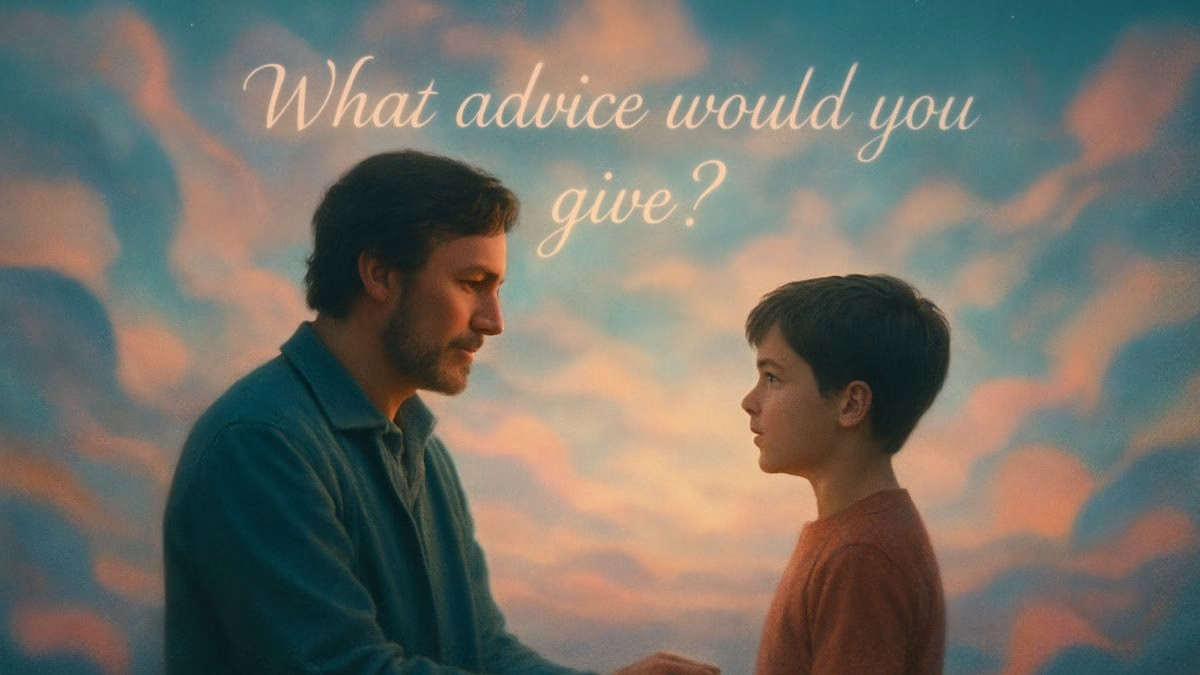


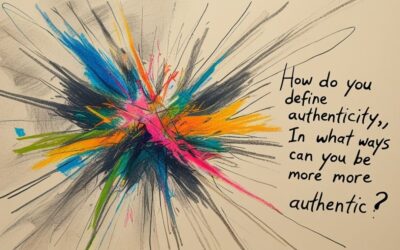




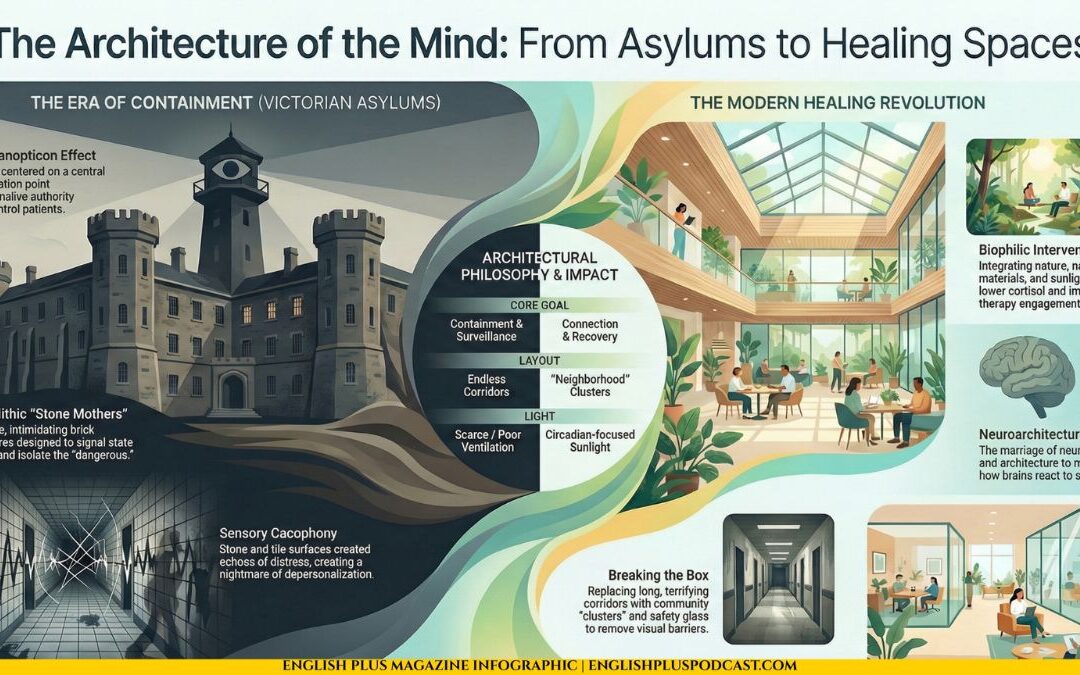
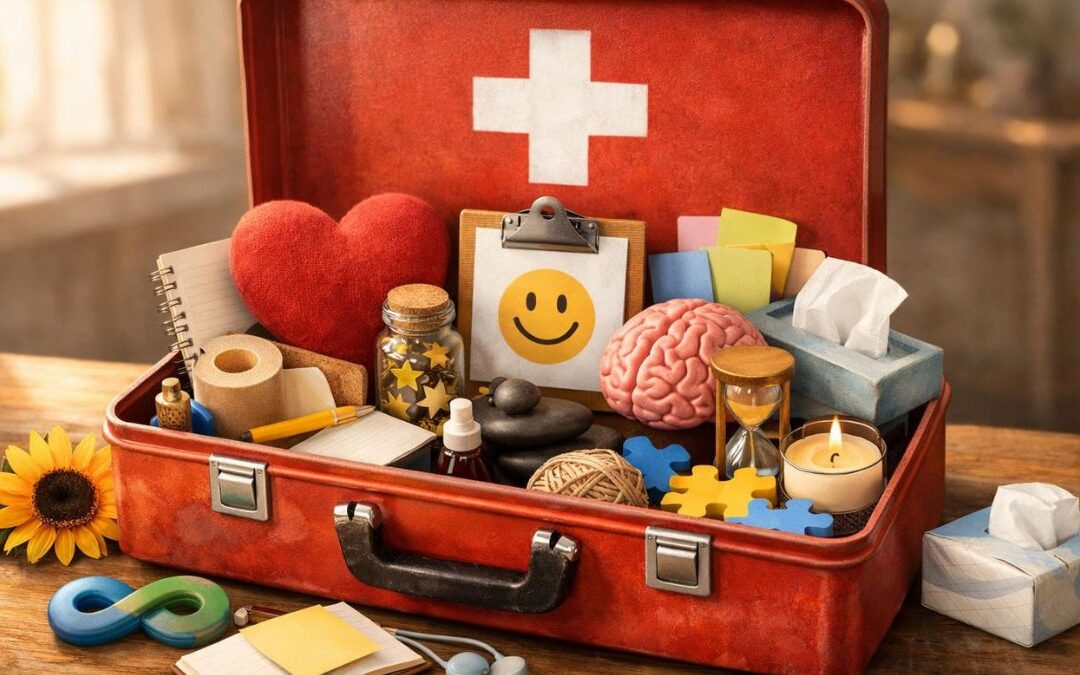
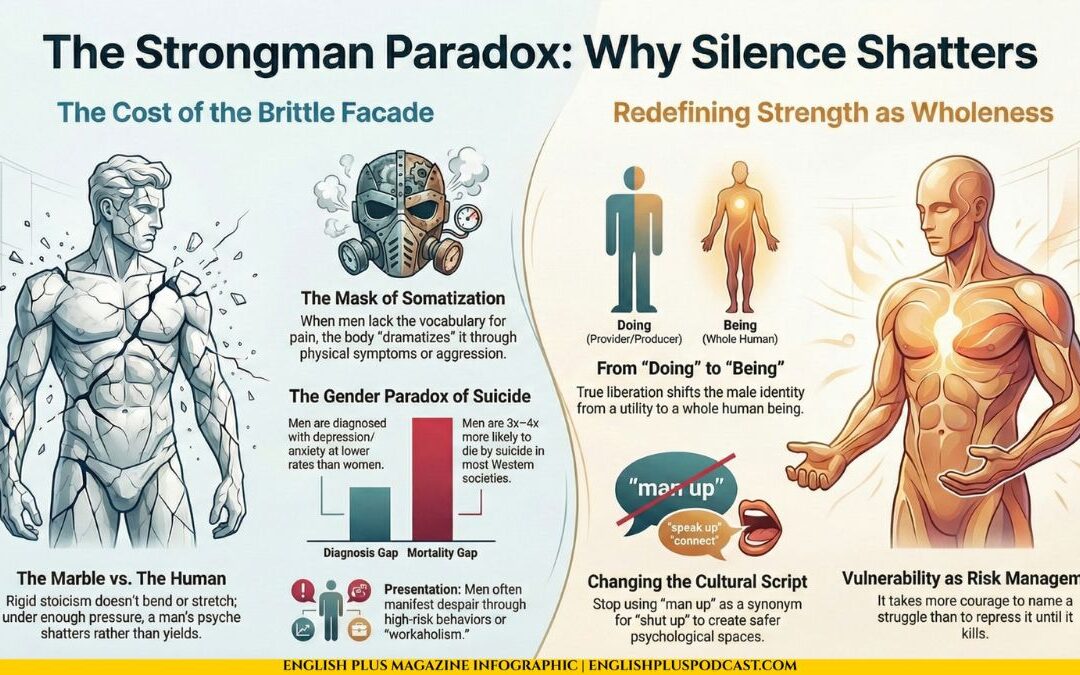
0 Comments